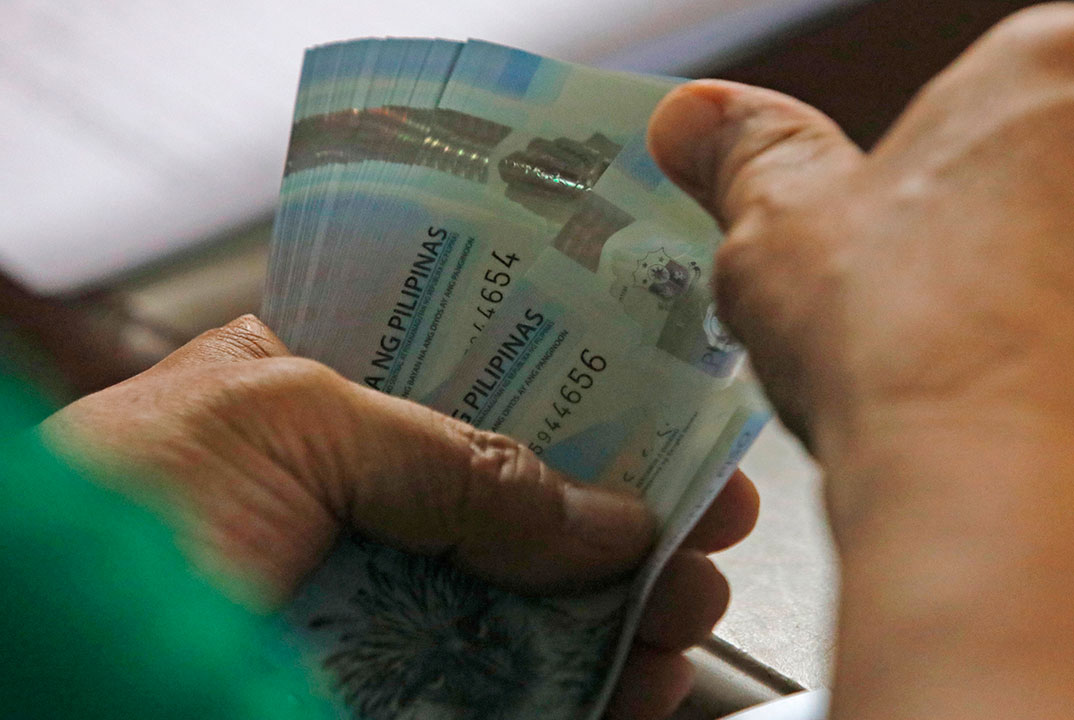AMLC says gov’t agencies continue to implement action plans vs dirty money

PHILIPPINE GOVERNMENT agencies continue to ramp up efforts to address strategic deficiencies in its anti-money laundering and counter-terrorism financing efforts to ensure it exits the Financial Action Task Force’s (FATF) “gray list” by January, the dirty money watchdog said.
The Anti-Money Laundering Council (AMLC) said the Philippines is committed to bolstering the effectiveness of its anti-money laundering (AML), counter-terrorism financing (CTF) and counter proliferation financing regime, even as the January 2023 deadline imposed by the FATF has lapsed.
“Despite the FATF’s note on the lapse of January 2023 deadlines, it is crucial to highlight that the nation’s pertinent agencies remain dedicated to swiftly and effectively implementing the outstanding action plans,” it said in a Nov. 30 statement.
Last October, FATF kept the Philippines in its gray list of jurisdictions under increased monitoring for dirty money risks. It noted the Philippines still needs to address five out of the 18 deficiencies.
President Ferdinand R. Marcos, Jr. gave all government agencies until Nov. 30 to address deficiencies in their AML strategies.
He also directed the AMLC to submit a a comprehensive report on the status of the implementation of the National Anti-Money Laundering, Counter-Terrorism Financing and Counter-Proliferation Financing Strategy 2023-2027 on or before Dec. 8.
AMLC said key government agencies are focused on enhancing risk-based supervision of designated nonfinancial businesses and professions (DNFBP).
This includes implementing anti-money laundering and counter-terrorism financing controls to manage risks linked with casino junkets, and intensifying the investigations and prosecutions of money laundering and terrorism financing cases.
The government is also focused on refining law enforcement agencies’ access to beneficial ownership information to ensure its accuracy and timeliness.
“The Philippines has made leaps in becoming a strong international partner in money laundering and terrorism investigations, building a strong beneficial ownership information system in line with best practices, and establishing a robust DNFBP risk-based framework ahead of the global network,” AMLC said.
“The relevant agencies’ commitment extends beyond timelines, focusing on establishing a robust and compliant AML/CTF framework in the Philippines,” it added.
AMLC urged the private sector to help in the government’s efforts to exit the FATF’s gray list by January 2024.
“First, for covered persons — designated nonfinancial businesses and professions, registration with AMLC of lawyers, accountants, company service providers, dealers in precious metals and stones, and real estate brokers and developers is a critical component of an effective risk-based supervision of DNFBPs,” it said.
Companies are also urged to enroll in the Securities and Exchange Commission’s Electronic Filing and Submission Tool (e-fast) and submit the general information sheet with beneficial ownership declarations.
“The Philippines values the guidance and recommendations from international bodies like the FATF and remains committed to continuous improvement and collaboration,” the AMLC said.
“By working hand in hand with our international partners and leveraging the collective strength of our national agencies, the Philippines continues its momentum in addressing its strategic deficiencies and further ensure the resilience and integrity of its financial landscape.”
The Philippines has been on the FATF’s gray list since June 2021. Government officials earlier said they hope the Philippines can exit the gray list by January 2024.
Earlier, International Monetary Fund Representative to the Philippines Ragnar Gudmundsson said the country should boost its efforts against money laundering and address risks related to dirty money to maintain a sound macroeconomic environment.
“Efforts to exit the FATF gray list should be stepped up to reassure foreign investors and reduce financial transaction costs,” Mr. Gudmundsson said during the BusinessWorld Forecast 2024 economic forum on Nov. 22. — Keisha B. Ta-asan



